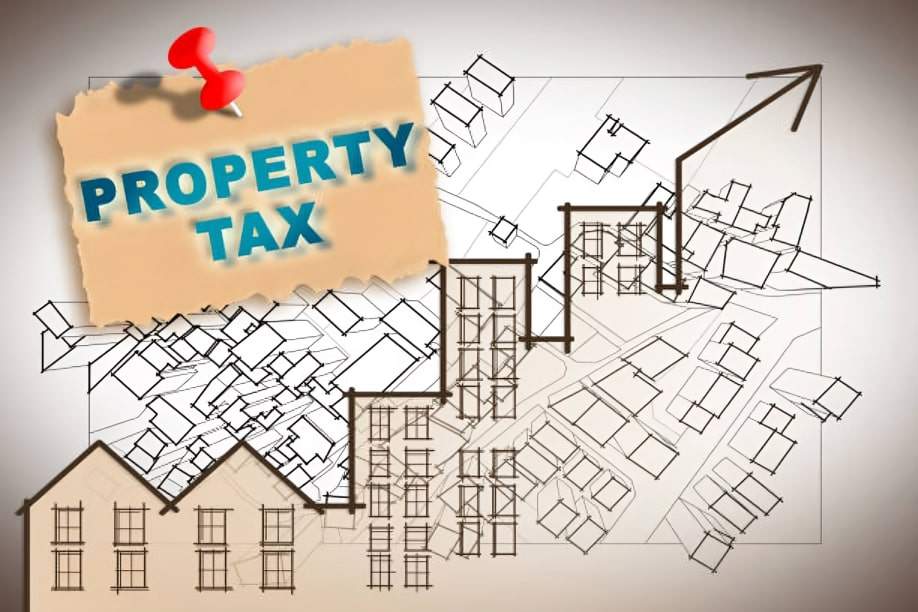Local property tax is a government-levied taxation on the sale and purchase of property, its ownership by an individual, and the rental income generated from the property. The local property tax also plays a heavy role in regulating the flow of cash in real estate set up in any location; it needs to be appropriately studied and evaluated for being able to invest in real estate in a particular area and to be able to get a complete picture of the money that one will be investing in the property.
What is Local Property Tax?
The local property tax is the sum paid to government bodies such as municipal corporations or panchayats on any tangible asset, such as residential property, rented or let-out property, land, and commercial property.
The tax is paid under the Income Tax Act 1961, which states that any individual owning any tangible property or building must pay a fixed tax on the property yearly.
The amount of tax levied on a property depends on its present valuation and local laws.
How is Property Tax Paid?
Property tax can be paid personally at the local municipal office or on the municipality’s website.
Offline payment requires you to physically visit the municipality or panchayat office with proof of address and then collect the receipt directly.
For online payment, you can go to the municipality’s official website, choose the tab with property tax displayed, and then pay the tax. You can fill in the required details, such as the property’s revenue survey number, plot number, and so on, to see the payment status, clear any dues from previous years, and pay fresh taxes for the present. Following this, you can download the property tax receipt online.
Depending on the town or city, local property tax is charged yearly or six-monthly.
What are the factors that influence the amount of the Local property tax?
The following factors can help you estimate the cost of property tax for your specific property:
1. The location of the property
2. Area of the property
3. Year and type of construction
4. Whether the property is commercial or residential
5. Amenities near the property
Usually, these factors are taken into consideration while calculating the tax for your property, the sum of which you can access online at the municipality’s official website.
Are there any exemptions for Property Tax?
The following category of individuals and property can receive exemption from the property tax in different areas:
1. Individuals belonging to the defence services.
2. Schools and other educational institutions.
3. Families of martyrs from the fire brigade and Indian defence services
4. Disabled people
5. Senior citizens
6. Tax exemption is granted for individuals with a property valuation below 2.5 L and renting their property.
What is the property tax in different regions in the country?
The property tax paid by the owner can vary between 5% and 20%, varying in different areas of different states based on various tax calculation methods and criteria.
What are the methods used for calculating local property tax?
The following methods are in widespread use in India:
1. The Capital value system: wherein the tax is levied based on a property’s assessed value, based on the amenities associated with the property and in the surrounding areas.
2. Annual rental value system: it is on the expected rent that the owner can collect on the property and not the actual value of rent collected
3. Unit area value system: in which the tax valuation of a property is based on its built-up area and the expected returns from the land on its per-unit price.
What is the function of property tax, and how is it helpful in the country’s growth?
Taxation in any country always helps to help the country grow in different aspects. Local property tax also serves various advantages and functions, such as follows:
1. The local property tax serves to generate funds for the local government bodies, such as the municipality and the panchayat, to manage and further develop the amenities in the area
2. The tax helps to develop local infrastructure, such as parks, drainage, and roads.
3. Property tax also provides revenue to facilitate essential public services such as wastewater management and water sanitation and supply.
4. The local property tax also funds the upkeep of shared public resources like roads and playgrounds.
5. Local taxes also help the governing body allocate resources to develop priority groups.
6. The local tax also funds any government initiative to improve the area’s education, social welfare, and healthcare.
7. Different taxation rates can also promote the proper use of land and prevent unused land hoarding in essential areas of the township or city
8. It helps distribute the tax burden in the community based on the wealth or property people own, thus making taxation more equitable.




